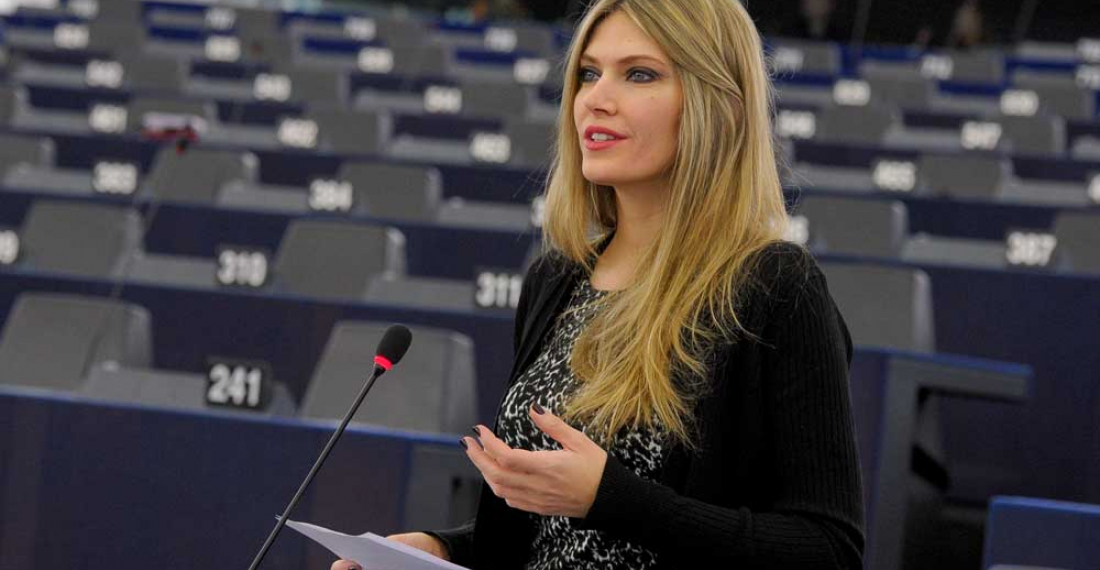Belgian prosecutors suspect a state from the Gulf region of attempting to bribe aides of Members of the European Parliament (MEPs). This was reported by the Belgian weekly magazine Knack and the daily newspaper Le Soir on Friday (9 December). Although the media suggested Qatar, the prosecution did not confirm this information.
Belgium's Federal Prosecutor's Office declared to news agency ANP that the police conducted 16 searches of homes on Friday. Four individuals were detained, computers, phones, and around 600,000 euros in cash were seized. One of these people was MEP Eva Kaili, one of the 14 vice-presidents of the European Parliament and an associate of the Socialists & Democrats (S&D). Kaili, has been suspended from her party and expelled from her political Greek socialist party PASOK after police launched an investigation into alleged illicit lobbying activities by Qatar.
The investigation, which started in July, is connected to "alleged corruption, criminal organisation, and money laundering" within the European Parliament. A spokesman for the federal prosecutor's office told that investigators are looking into the possibility of "a Gulf state" trying to "influence economic and political decisions of the European Parliament". This could have been done by providing "substantial sums of money" or offering "large gifts" to people who hold influential positions in the European Parliament.







